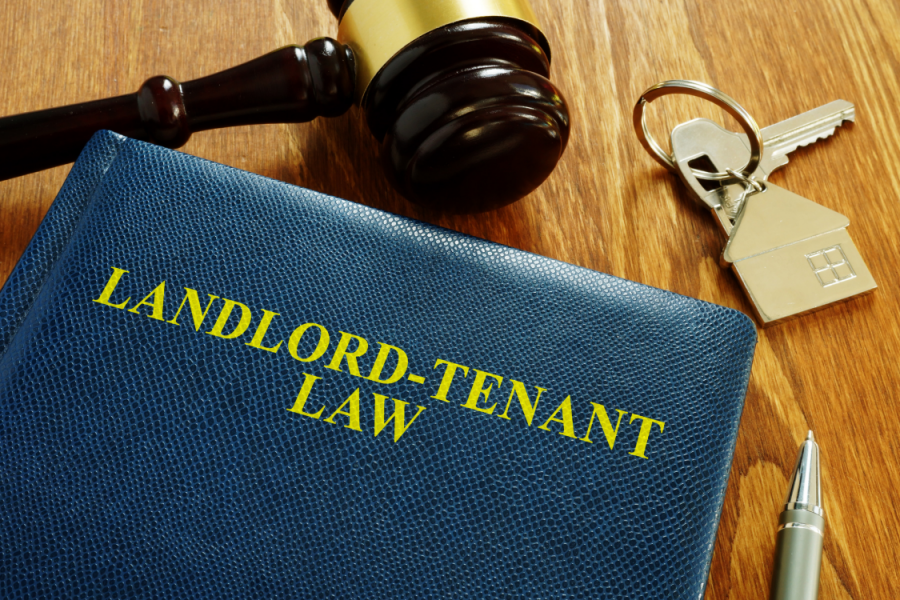
The Maryland General Assembly recently met, and several proposed bills could significantly impact landlords across the state. Whether you're a seasoned property owner or just getting started, it's important to stay ahead of legislative changes that could affect how you manage your rentals. In this post, we’ll break down four key bills on the table—SB 46, HB 1152, SB 856, and HB 767—and explore whether they shift the balance in favor of landlords or tenants. From squatter removal and pet policy disclosures to mold notifications and updated eviction procedures, here’s what you need to know to stay compliant and informed.
SB46 focuses on squatters’ rights. A squatter is defined as someone who settles in or occupies a property without legal permission or claim to the property. This could include a vagrant who has broken into a vacant property and set up camp, or a jilted lover who didn’t leave when the partner left. Either way, a squatter eats into your rental income, and it’s vital to get them removed as quickly as possible.
Under the current process, it could take months to remove a squatter. If SB46 is passed into law, the courts have no more than 10 days to hear the case. Therefore, the process can be expedited if Maryland passes this landlord-friendly piece of legislation.
Pets are an important part of people’s lives, and while tenants vie for pet-friendly occupancy, it can often be troublesome for landlords. Allowing pets on your property can lead to increased damage, lingering urine smells, and pest infestations, taking hundreds, if not thousands, of dollars out of your profits if you have an irresponsible tenant. Yet, pets can add income to your bottom line through monthly pet rent or additional security deposits.
HB1152 would require landlords to clearly state their pet policy on the property's website and/or rental application. This gives prospective tenants a clear understanding of the rules upfront, helping them make informed decisions about whether to apply. If the bill becomes law, landlords should be ready to provide clear, written language outlining their pet policy. In general, putting policies in writing is a smart best practice for landlords.
SB856 states that a landlord is to provide a tenant with certain information at certain times and in a certain manner. The regulatory agencies will provide pamphlets on mold and provide both parties with Maryland’s law regarding mold in properties. And, it will require a landlord to perform a mold assessment and remediation within 15 days after receipt of a written notice regarding mold detection.
Mold can be a costly problem and cause health issues for the occupants. Therefore, landlords should have maintenance practices in place to ensure mold doesn’t become a problem. Mold remediation can cost thousands, so don’t let SB856 affect you. When you maintain your property and initiate routine property inspections, mold won’t be allowed to grow unnoticed.
In summary, the final bill we address today is HB767. It states, “requiring a landlord to provide certain notice to a tenant when a court has issued a warrant of restitution for a failure of a tenant to pay rent, a breach of lease, or a tenant holding over under certain circumstances; establishing certain procedures and requirements for the execution of a warrant for repossession; providing for the disposition of certain personal property following the execution of a warrant of restitution; applying the Act prospectively; etc”. This will alter the eviction process.
There are many other bills on the table affecting Maryland real estate. We’ll keep watching and reporting on their effect on landlord-tenant rights. In the meantime, if you are looking for full-service property management so you don’t have to track these changes as closely, contact us.
If you have questions or would like to discuss property management services for your investment property, give us a call at 443.252.3385 or email us at info@bluedoor-pm.com today!
Copyright © 2025 Blue Door Residential Property Management